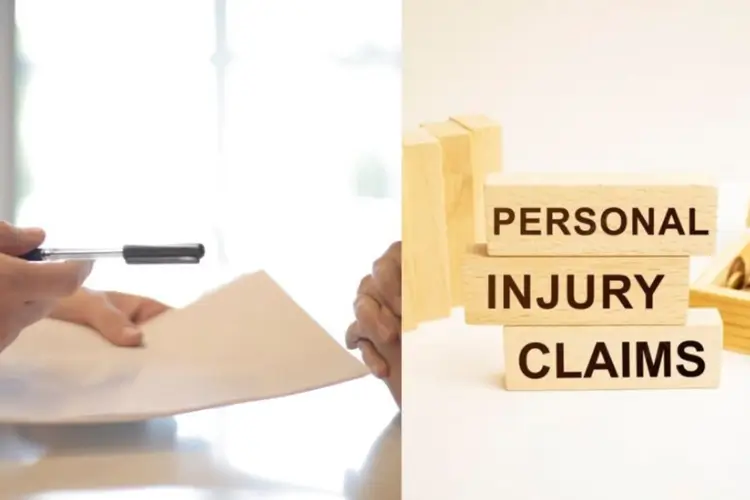Financial exploitation in nursing homes is a severe and often hidden form of abuse that targets vulnerable residents. This abuse involves the unauthorized or improper use of a resident’s money, property, or assets for personal gain.
The perpetrators may include nursing home staff, other residents, or outside parties who exploit the resident’s diminished capacity. When suspicions arise, consulting nursing home abuse attorneys from The Rothenberg Law Firm LLP can provide vital legal guidance and help protect the rights of those affected.
Unlike physical abuse, financial exploitation rarely leaves visible marks. Instead, it reveals itself through discrepancies in financial records, sudden changes in legal documents, or unexplained losses of valuables. Recognizing these signs is essential for families and caregivers who want to shield their loved ones from further harm.
Let’s dive in!
Common Forms and Warning Signs of Financial Exploitation
Financial exploitation can take many forms, often involving subtle or covert actions that go unnoticed without careful observation. Some of the most common indicators include:
- Unexplained withdrawals or charges on bank accounts or credit cards.
- Sudden changes to wills, powers of attorney, or beneficiary designations that favor someone other than the resident.
- Overbilling by the nursing home or charges for services not provided.
- Missing personal belongings such as cash, jewelry, or other valuables.
- Residents express confusion, anxiety, or fear when discussing finances.
- Isolation of the resident from family or friends, mainly regarding financial matters.
- Staff members discourage family involvement or show unusual interest in the resident’s finances.
These signs often overlap and may be accompanied by behavioral changes in the resident, such as withdrawal or reluctance to discuss money matters.
Institutional Challenges Contributing to Exploitation
Financial exploitation is not always the result of individual misconduct; systemic issues within nursing homes can also play a significant role. Some facilities use overbilling practices, charging residents or their families for unnecessary or unprovided services.
Admission contracts may contain hidden clauses that shift financial responsibility onto families. When payments are delayed or disputed, nursing homes sometimes use aggressive collection tactics, including threats or legal action, which can compound the financial and emotional burden on families. These institutional practices erode trust and increase residents’ vulnerability.
Given these systemic issues and the potential for residents to be exploited, families often find themselves in a challenging position, unsure of how to protect their loved ones effectively. Navigating the complexities of elder law and understanding the specific rights afforded to nursing home residents requires specialized knowledge. In such critical times, consulting with a qualified Nursing Home Abuse Lawyer becomes indispensable. These legal professionals can assess the situation, gather evidence, and advocate for the victim, ensuring their dignity and assets are safeguarded against further harm.
Suspecting Financial Exploitation: What to Do
If financial exploitation is suspected, taking prompt and informed action is crucial to protect the resident’s assets and well-being. The following steps can help:
- Carefully review all financial statements, nursing home bills, and related documents for irregularities.
- Document any suspicious transactions, behaviors, or changes in the resident’s financial situation.
- Report concerns to nursing home management and, if necessary, to adult protective services or law enforcement.
- Seek legal advice to understand the resident’s rights and explore options for recovery and protection.
It is crucial to detect and intervene early in the process of exploitation and ensuring the resident’s dignity and security.
Bottom Line
Financial exploitation in nursing homes is a severe but often overlooked form of abuse that can devastate vulnerable residents and their families. Unlike physical harm, its effects may not be immediately visible, making vigilance and awareness essential.
By recognizing the warning signs—such as unexplained transactions, missing valuables, or sudden legal changes—families can take proactive steps to safeguard their loved ones.




